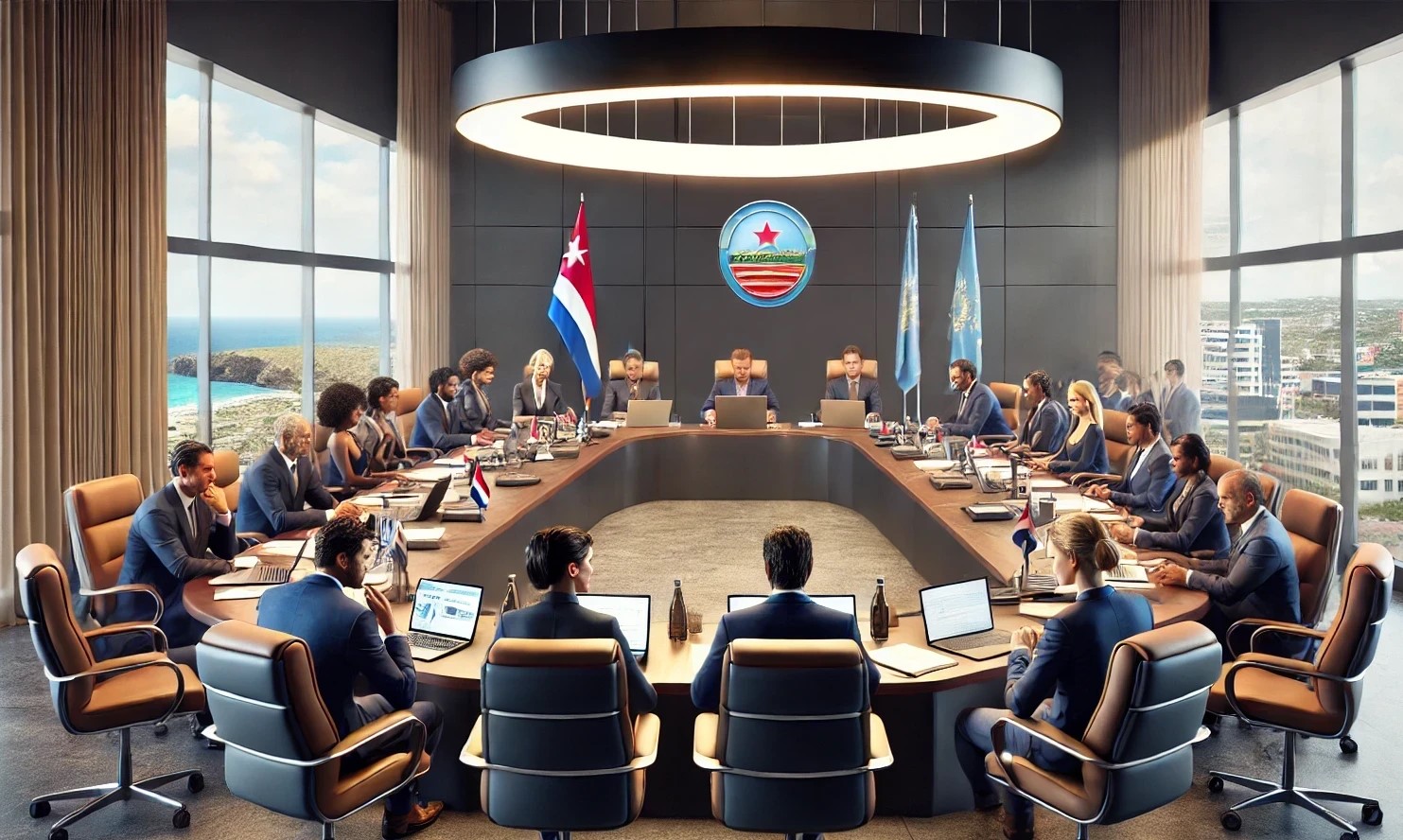Curaçao Gaming Control Board Defends Licensing Amid Accusations

The Curaçao Gaming Control Board (GCB) has issued a robust defense in response to accusations of corruption and inefficiency surrounding its gaming licensing practices. The scrutiny, fueled by the recent bankruptcy of BC.Game and allegations from a local politician, has placed the GCB's operations under intense public and regulatory examination.
Licensing Authority and Regulatory Framework
The GCB asserts its authority to issue gaming licenses, a power granted by the Minister of Finance in March 2020 and updated in November 2023. These licenses are issued under the National Ordinance on Hazard Games (NOOGH) and are categorized as full licenses. However, once the National Ordinance for Games of Chance (LOK) takes effect, NOOGH licenses will transition into provisional LOK licenses, granting operators one year to meet the updated compliance requirements.
This upcoming shift is intended to modernize Curaçao’s regulatory landscape, but critics argue it does not address immediate concerns about oversight. The GCB highlighted its multi-phase licensing process, which includes comprehensive due diligence, financial reviews, and business plan evaluations, all conducted transparently through an online portal. Fees for licenses are directly deposited into a government account, leaving no room for mismanagement or embezzlement, according to the GCB.
Addressing Allegations of Corruption
Accusations of corruption and money laundering have been prominent in recent criticisms. Luigi Faneyte, a local politician from the Real Alternative Party, alleged that licenses were issued without a legal basis and used for illicit financial activities. He specifically accused Finance Minister Javier Silviana of being complicit in these practices. In response, the GCB firmly denied these claims, stating: “The allegation that the GCB lacks the legal authority to grant licenses is therefore incorrect.”
The GCB also refuted allegations of financial mismanagement, emphasizing the integrity of its payment processes. It stated that licenses are only granted after all fees are verified as received in official government accounts.
Focus on Player Protections
The GCB acknowledged player concerns, particularly in light of the BC.Game bankruptcy, which has left many players without their winnings. While describing the case as administrative rather than insolvency-related, the GCB noted that a trustee has been appointed to oversee player payments and ensure regulatory compliance. However, the lack of detailed disclosures has drawn criticism for perceived shortcomings in transparency.
Under the LOK framework, mandatory Alternative Dispute Resolution (ADR) mechanisms will be introduced to provide players with independent avenues for resolving complaints. This enhancement is viewed as a significant step forward, though it does little to address ongoing grievances tied to the current system.
Industry and International Compliance
Beyond its domestic responsibilities, the GCB emphasized that operators must adhere to the laws of the countries in which they operate. Violations occurring outside Curaçao fall under the jurisdiction of local authorities in those regions. While this delineation aims to clarify the GCB’s role, critics argue it leaves gaps in accountability for operators exploiting legal gray areas.
The GCB also announced plans to adopt advanced technologies, including artificial intelligence, to streamline its licensing and regulatory processes in the future.
Critics Demand Greater Transparency
Despite the GCB’s detailed explanations, critics remain skeptical about the board’s effectiveness and transparency. Investigative reports have questioned its ability to prevent misuse of Curaçao’s licensing system, with allegations ranging from unregulated operations to questionable financial practices tarnishing the jurisdiction’s reputation.
Ariel Parajón, a political scientist who assisted in drafting regulatory reforms, described the LOK framework as a starting point but noted that broader societal discussions about the impact of digital platforms on gambling habits are needed. “We do not need to criminalize or stigmatize, but to accompany, listen, and regulate,” Parajón said.
As Curaçao transitions into its updated regulatory framework, the GCB’s credibility and operational integrity will remain under scrutiny. The outcome of these reforms, particularly the implementation of the LOK framework, will likely determine the island’s standing as a gaming jurisdiction.
Source: "Curaçao’s Gaming Control Board Defends Licensing Amid Scrutiny", World Casino Directory, December 2, 2024.






